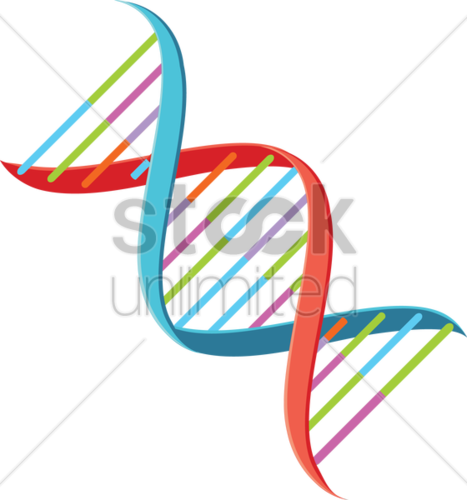Qi and blood deficiency, this concept in traditional Chinese medicine refers to the insufficiency or imbalance of Qi and blood in the human body, both of which are crucial for life activities in TCM theory. When they are in poor condition, it can lead to various physical discomforts. So, what specific manifestations might there be?
Fatigue and lack of energy are typical features of Qi and blood deficiency, with patients often feeling bodily heaviness, lack of vitality, and difficulty in enduring heavy physical labor. The skin may lose its healthy flush, becoming pale and dull, prone to dryness and roughness. Due to inadequate blood supply, the heart can experience palpitations and shortness of breath with minor exertion. The brain is also affected, leading to dizziness and blurred vision, and in severe cases, even fainting. At night, insomnia and vivid dreams may trouble individuals, affecting sleep quality. Women may also face irregular menstrual cycles. In addition, hair may become thin and prone to breakage, nails brittle, attention difficult to focus, and memory decline.
It is worth noting that the above symptoms are only partial manifestations of Qi and blood deficiency; the actual condition needs further evaluation based on individual differences.
To regulate Qi and blood deficiency, start with dietary adjustments, ensuring comprehensive and balanced nutrition by consuming foods like lean meat, fresh fish, tofu, whole grains, and fresh fruits and vegetables. Increase food intake appropriately, divide into multiple smaller meals to aid digestion and absorption. In daily life, moderate exercises like walking, jogging, along with regular sleep patterns and emotional management can benefit Qi and blood improvement.
In traditional Chinese medicine, options include using Chinese herbs such as Angelica, ginseng, astragalus for nourishment, or acupuncture to stimulate specific acupoints, as well as practicing Qigong exercises like Qi and blood regulation exercises to restore Qi and blood balance. However, it is advised to undertake all regulatory measures under the guidance of professional physicians to ensure specificity and safety. Regulation is an ongoing process that requires flexible adjustments based on individual circumstances and consistency for effectiveness.


